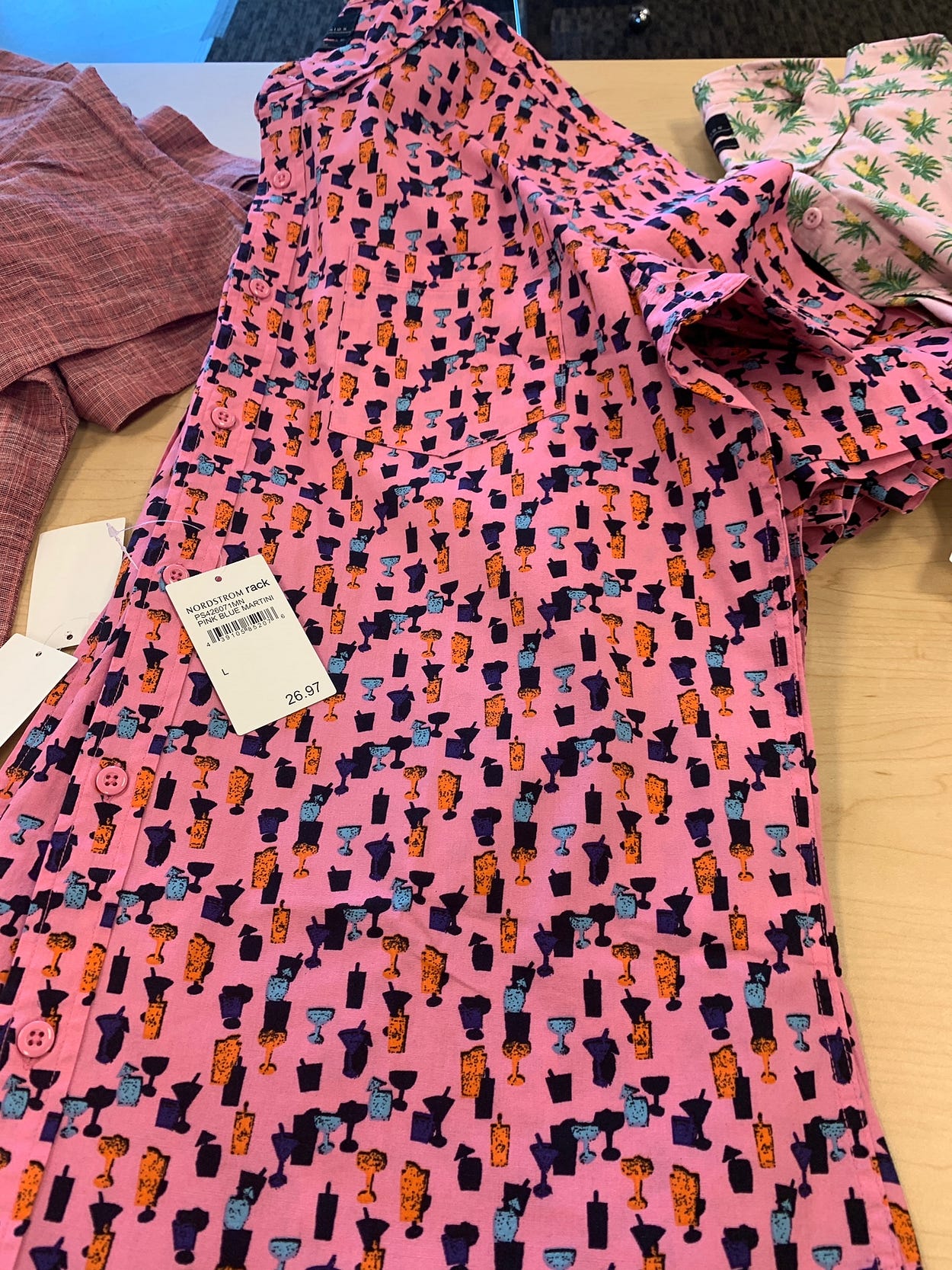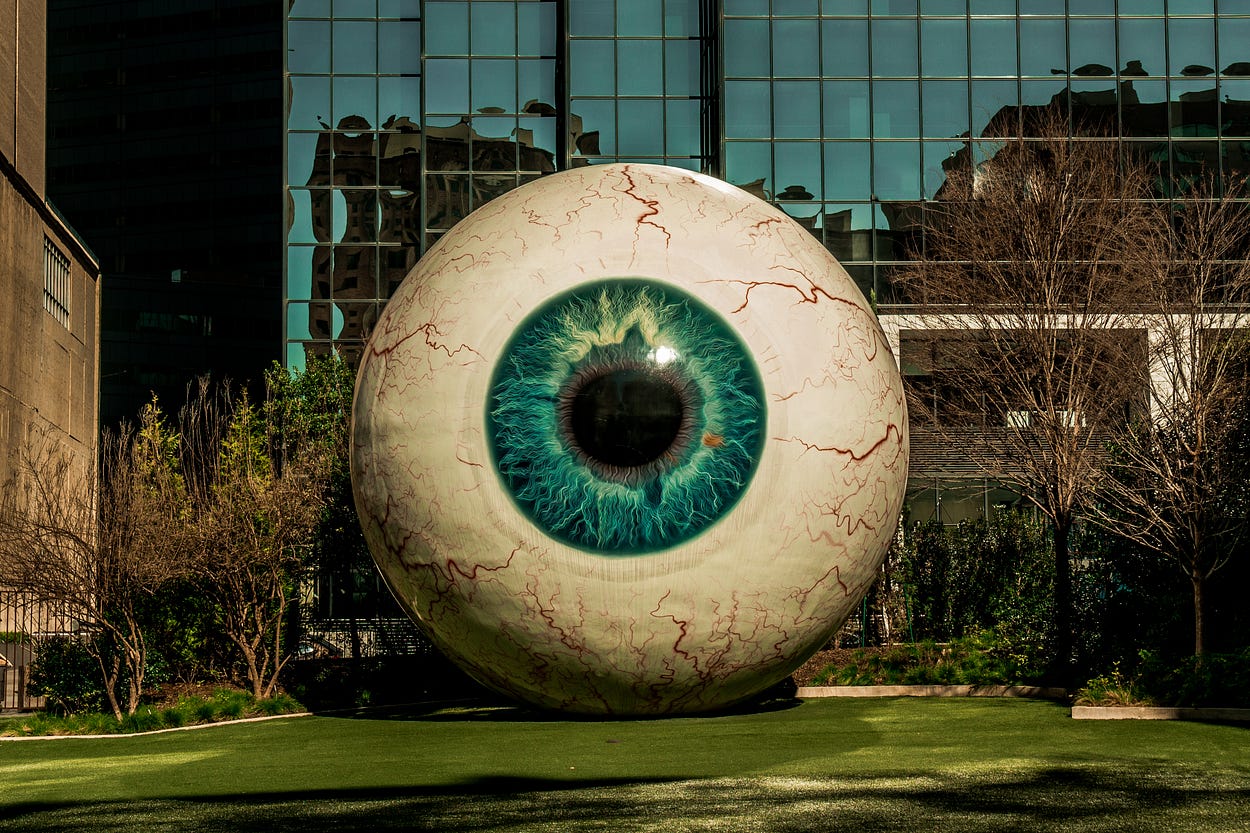Writing Your Memoir?
Here are the four questions from family and friends that will make you change it to a novel
 |
iStock by Getty
|
[At the outset, I want to apologize. This is my first article on Medium and I am having technical problems. When I cut and pasted my article, many of my edits slipped through. Please ignore the bracketed material. I appreciate your patience].
. . .
When the pandemic hit, I ran out of excuses not to write the memoir I've been [threatening] planning to write for years. Holed up in the house with a laptop, there seemed no better [way to avoid doing planks, sit-ups, and squats, than to tell my family it was] time to start work on the Great American Novel.
In the past, friends told me "Oh, that's such a [embarrassing] funny story, you should write a book." So over the last three months, I did write the first draft of a memoir. [Let's see how funny they think it is now!]
But as a result of some [harassment] pointed questions over the last few weeks from friends and family, I am [disappointed] very proud to report that my book will now be a novel, "loosely based on some biographical information."
When I tell people that I wrote 2,000 words a day for the last three months, amounting to over 114,000 words, and 438 pages in 20 point font, here are the questions they ask me, usually in this order:
1. "What's the title?"
This question seems to be a subtext for the following questions they really want to ask:
a) Are you bitter?
b) Can I tell by the title if I'm in it?
c) Is it self-serving, boring self-improvement stuff that I won't read?
or;
d) Does it have a lot of sex and shameful secrets in it that I can't wait to read?
2. "How far along are you?"
What really seems to interest the questioner is:
a) Can I stop this if I need to?
b) Can I add stuff to it if I want to?
c) When will [you/I] know you are done with it?
d) How hard is what you are doing?
e) Could [I/have someone else] write my [memoir] "loosely biographical novel"?
3. "Have you written anything about me?"
After a short time, they just come out and blurt this one. I can tell by looking in the person's eyes that this is what they are really asking:
a) Do I need to get a lawyer to sue you?
b) Is it bad?
c) Is it good?
d) How can I make sure I [read/edit it] before you [publish it/show it] to anyone else?
4. "What is your goal?"
This is what they really mean:
a) Are you trying to get revenge (on me)?
b) Is there a chance you might get rich and famous from this?
c) Do I need to [distance myself/or suck] up to you?
. . .
The Answers to All the Questions
The truth is, when I began writing, I did not know [any] many of the answers to these questions. It was only during the vigorous process of writing every day that I learned some of the answers.
1. No Title Yet
I thought of a few prospective titles to my [memoir] novel based loosely on biographical facts, but I am still [not telling anyone] keeping an open mind about it. I [could not think of a cool enough title yet] certainly did not want a title to guide 114,000 words, rather I want the words to suggest the title to me more towards the end. So many book titles seem pretentious and overblown to me. [Mine will be too.]
2. Just A "First Draft"
My [memoir] novel based on loosely biographical information covers my childhood to the point right before I enter high school. I knew I was done with the "First Draft" when I felt [exhausted.] like I had written about most of the [traumas] "teachable moments" I could remember. There were other [terrible decisions] events I could have written about, but I was pleased I touched on as many [regrets] poignant memories as I did.
3. Yes You're In the Book, But No You're Not.
If you were one of the very rare persons who were kind to me, you have nothing to worry about. [Just kidding.]
My book is about [me] my main character, and [his, now] her reactions to events that occurred. It's [me] her, not you. [I don't want to hurt people unnecessarily.]
I just saw a great documentary on Philip Roth where he said "Life is not good enough," meaning that a writer has to [exaggerate] amplify what happened for the reader to be interested. Roth also said "A writer has to be shameless," meaning that [hopefully my family understands] there can be no self-censorship.
Only when you write the [most dirty] deepest thoughts and emotions is anyone going to [buy] care - no matter how [twisted] vulnerable. You can [and heaven knows I should] have shame in your personal life, says Roth. But shame and caution [will not get you a publishing deal] have no place in your writing.
4. My Goal- To Exorcise the Demons
"Writers are the exorcists of their own demons" -Mario Vargas Llosa
It does not matter why I started writing now. I uncorked the bottle, I have to write, otherwise [I have to go back to real work] I don't feel good. That is the only justification I need for writing.
I tried to write in the past, but [I was always afraid to say what I really thought] what came out sounded fake. Now I am mostly just trying to tell the story. When I read my writing now, I do not cringe as I did before, when I was younger trying to write "literature."
. . .
There were some days [when I was a little hung over] that were a slog, and I was not pleased with the writing. On those days, I mostly felt that I was "telling" not "showing" the reader what happened. I will [never revisit] work hard to fix those passages during the edits. It was far more fun to read the passages where I put the reader right there into the movie themselves, rather than in the back row eating popcorn.
There were other days, however, when I felt the dialogue was cracking, or a poignant truth popped out as if by magic during a scene. On those days, I was, as Bukowski says, "with the gods." I can't wait to go there again.
© Copyright 2020 Jack Clune











